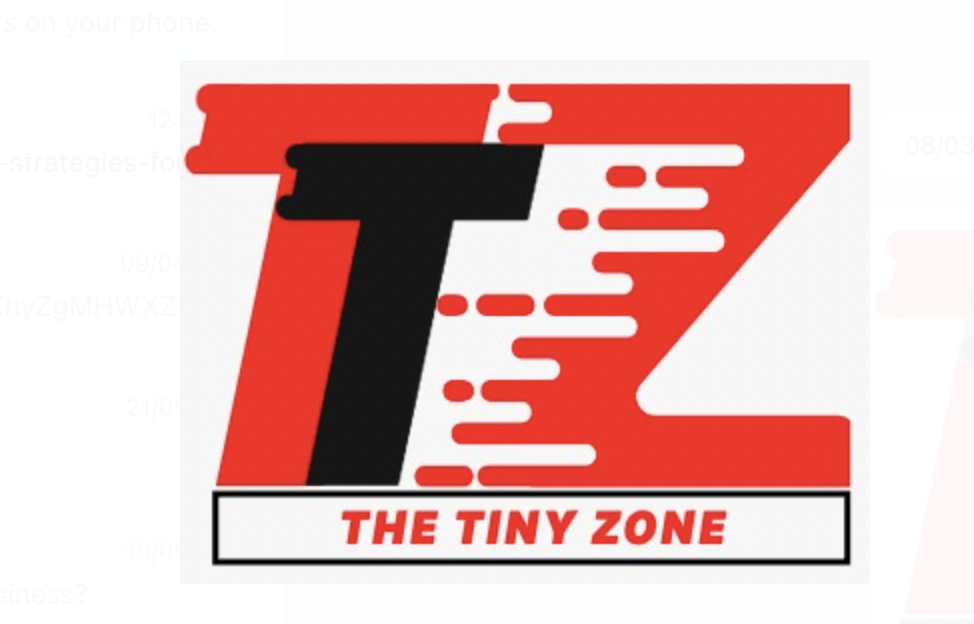It is a frequently heard phrase that, “Customer is King”, which suggests that the foundation of every business relies on building long-term relationships and loyalty with customers. Customer Relationship Management at its core is all activities, strategies, and technologies that help companies effectively manage and elevate customer interactions. It is one of the strongest methods for understanding consumer points of view, needs, and behaviors to deploy targeted strategies for successful business outcomes. A perfect example of this is how internet service providers have adopted CRM technology to enhance customer experience. For instance, the Xfinity customer service team is utilizing a state-of-the-art in-house CRM system to provide 24/7 service and support to their customers.
In strict business sense Customer Relationship Management refers to technology that allows businesses to streamline, systematize, and harmonize every aspect of customer interaction and business operations. It is a key resource in achieving scalable and sustainable business growth for both small and large corporations. Recent research highlights that 91% of companies with over 10 employees are using CRM with an average $8.71 ROI for every dollar spent. It can increase conversion rates by 300% and augment sales by 29%. So, CRM is considered a necessary business tool in the evolving business landscape, and ignoring it only makes a business less competitive.
In commercial terms, CRM systems or platforms focus on strengthening the marketing, product development, sales, customer service, and support ends of a business. They also help save considerable time and resources by identifying specific customer requirements that can be later utilized to deploy targeted growth strategies. Prominent and comprehensive CRM solutions include Salesforce, Hubspot, SugarCRM, Zendesk, and Oracle.
Some of the key unique selling points of integrating CRM are listed below:
The Key to Understanding Customer Mindset
CRM tools are a great way to collect and assess key data and insights about customers, empowering businesses to not only make informed business and operational decisions but also develop effective programs, products, and services that are more attuned to the targeted customer base. Customer insights and data can also help in understanding consumer purchasing habits and preferences that help identify new market segments and growth opportunities.
Build Trust & Engagement
Having customers loyal, satisfied, and attached to a brand is one of the cornerstones of long-term business success. CRM platforms with their proactive and responsive customer engagement are a great way forward to maximize customer retention and brand loyalty. Through their personalized and comprehensive approach, CRM can also educate customers and provide targeted self-help options to resolve their queries and concerns.
Provide Comprehensive Customer Service
CRM systems enable businesses to effectively organize all customer support touchpoints into an integrated setup, where one can not only track customer information but also employ different avenues for a friendly and welcoming experience. These systems can also be deployed to train employees in automating multiple customer service tasks and processes to save time.
Implement Effective Communication Channels
A multi-channel approach is another value-added benefit of CRM technology that can be used to engage, educate, and support consumers simultaneously across multiple platforms, primarily comprising email, web portals, forums, newsletters, knowledgebase, live chat, and social media. This facet of CRM plays an integral role in reducing labor-intensive manual customer engagement, whilst promoting self-service.
Leverage Technology & Automation
The adoption of business-relevant CRM software for customer relationship management can automate business processes on multiple levels, including routine tasks, data entry, reporting, emails, marketing campaigns, lead prioritization, customer outreach, subscription renewal, and pipeline management. These automated procedures ensure frictionless operations for the business whilst ensuring a seamless experience for the customer.
Measure Success & Implement Continuous Improvements
One of the fundamental use cases of CRM is tracking and analyzing customer success, satisfaction, and loyalty metrics that help generate a steady pipeline of qualified leads and prospects. It can help track a number of pre-defined KPIs including, rate of renewal, close rates, customer retention, net promoter score, customer turnover, average time to resolution, and number of follow-ups per issue. Intelligent assessment of these metrics can help a business implement several product and service-related process improvements, principally fast-tracking customer-related operations while eliminating human factor risks.
To sum up
CRM technology is continuously evolving to accommodate ever-growing business and consumer needs. It has moved beyond traditional contact management to intelligent sales, marketing, and analytics platforms. It is also moving towards industry-defining breakthroughs in Conversational UI, AI, IoT, XaaS, and Social CRM. At present, about 65% of sales professionals use a CRM and 97% consider sales technology critical to business growth and development according to LinkedIn State of Sales. So, in the near future companies that are CRM savvy and aware of changing market dynamics are likely geared toward success and will achieve their goals much faster than their competitors.


